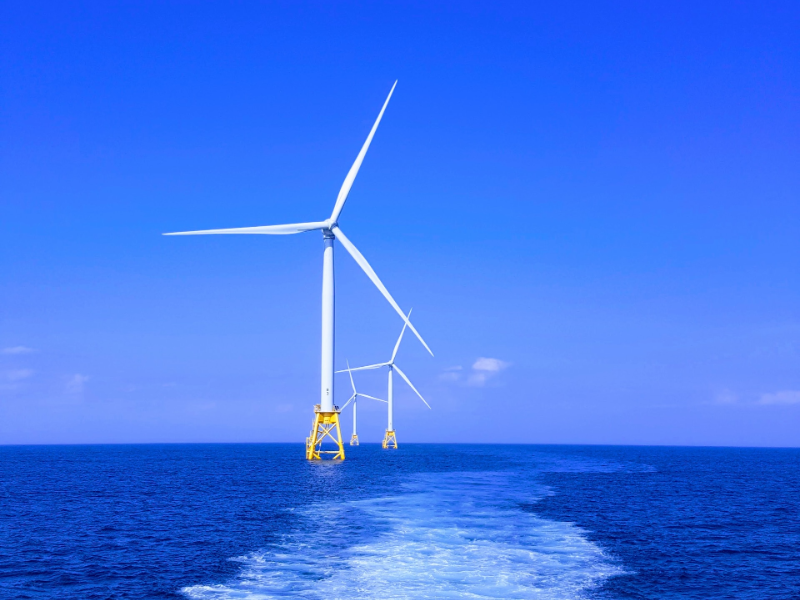Procurement leads the transition to a sustainable process industry

Manage volatility and optimize costs
The process industry faces persistent pressure from fluctuating raw material and energy prices. Strategic procurement practices can help ensure cost efficiency, by implementing advanced sourcing strategies, hedging mechanisms and data-driven market insights, to mitigate risks and stabilize operations.

Build resilient and adaptable supply chains
Today’s supply chain disruptions, geopolitical risks and increasing complexity require a robust approach to resilience. By diversifying supplier bases, implementing dual/multiple sourcing strategies and integrating advanced risk management frameworks, companies can ensure far greater operational continuity in volatile markets.

Drive decarbonization and sustainability
Decarbonization and sustainability have become critical priorities, driven by regulatory requirements and customer expectations. Procurement has a central role to play in advancing these goals through sustainable sourcing, supplier collaboration and innovative approaches to circular economy models.
Consulting for procurement and supply chain management in process industries
The switch to environmentally and climate-friendly technologies creates new challenges for the process industries in two ways: First, the high energy demand must be covered from regenerative sources in the future. Second, alternatives for petroleum-based reactants must be found. At the same time, companies from the process industries can contribute – through research and innovations – to the creation of a CO2-neutral economy. With expertise in addressing industry-specific challenges, we can support process industry leaders in transforming procurement into a value-driving function. From navigating today’s volatile markets and ensuring compliance, to building sustainable supply chains, our tailored solutions can position your procurement to lead the way in a competitive and rapidly evolving landscape.
How do we proceed within the process industry?
Managing the triad of cost optimisation, resilience and ESG

The process industry is undergoing a profound transformation, where procurement is no longer focused solely on cost. Disruptions caused by the pandemic, rising geopolitical tensions and the urgency of climate action have created a new triad of responsibilities: securing competitive pricing, ensuring supply chain stability, and embedding sustainability into procurement decisions.
With regulations such as the EU Supply Chain Law and increasing ESG requirements, procurement has become a strategic function for mitigating risks and aligning with corporate sustainability goals. Companies must evolve their procurement practices to address these challenges while also staying ahead of industry shifts.
Creating transparency in the value chain

To navigate this triad effectively, procurement leaders need comprehensive transparency throughout their value chains:
- Cost composition: Understanding the breakdown of prices, especially the impact of raw material costs.
- Supply chain mapping: Identifying key suppliers and the risks they pose, particularly around ESG criteria.
- Decarbonization impact: Assessing how the shift to renewable energy and reduced reliance on fossil fuels affects the supply chain.
Digital tools are essential for providing the necessary insights. By leveraging data and analytics, companies can identify risks, collaborate with supply chain partners on solutions, and explore new procurement markets. Together, we can help you build robust risk management frameworks and actionable plans to address price, supply and compliance risks. We can also work with you to design decarbonization pathways and develop CO2-neutral business models.
Tapping alternative energy sources

The process industry’s substantial energy demands cannot yet be met by renewable sources. However, political and market forces are driving significant investments in clean energy. To stay competitive, many companies are developing their own renewable energy infrastructure, such as wind and solar power plants.
Procurement must expand its competencies to support these investments, incorporating CAPEX procurement, total cost of ownership analysis, and project management. We can provide hands-on support for these projects and offer tailored training to upskill procurement teams for these new requirements.
Managing product groups strategically

Procurement in the process industry often applies the same rigorous standards to all purchases, regardless of their criticality. While this ensures compliance for high-risk categories, it can create inefficiencies for low-risk or small-scale commodity groups.
An intelligently designed commodity group management system distinguishes between critical and non-critical categories. By tailoring procurement rules and precautions to the importance of materials, companies can reduce costs, streamline processes, and increase efficiency without compromising safety or compliance.
Our experts in the process industry





